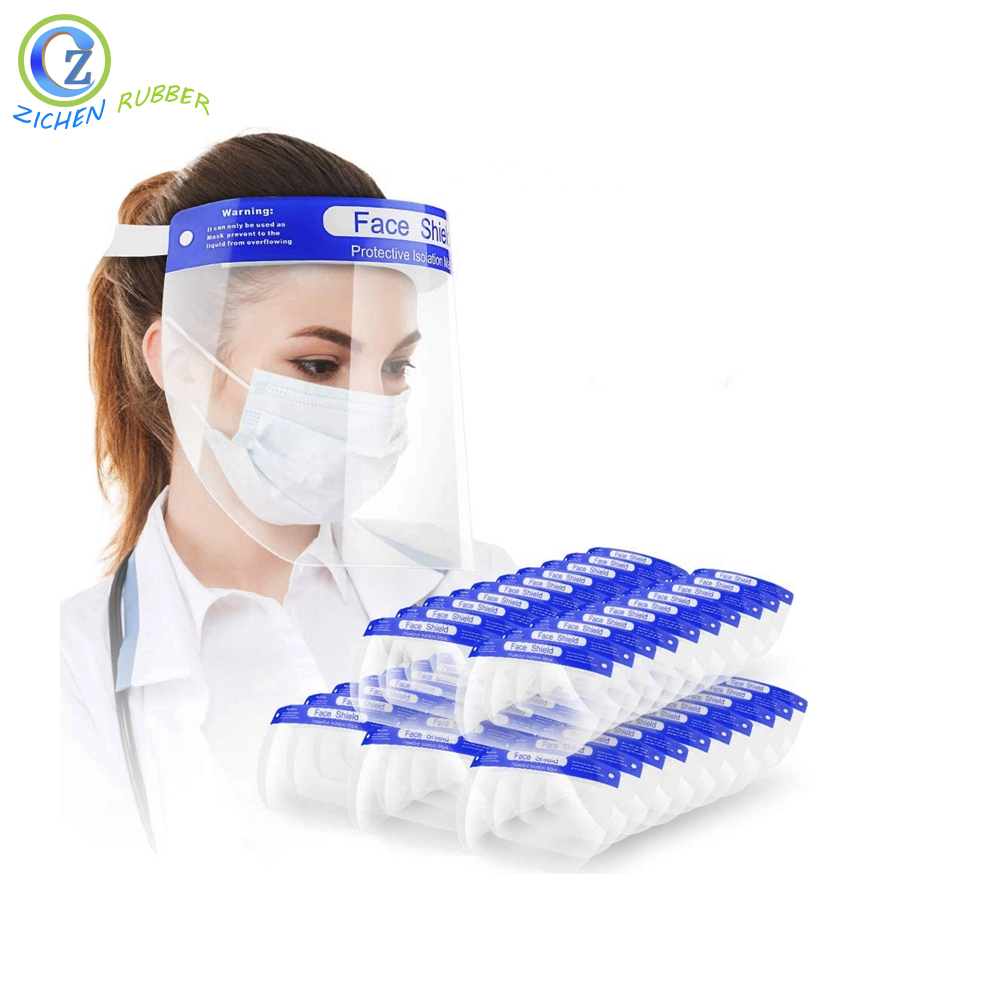
Now a way of pandemic life, face masks are creating a consumer market for PPE-inspired fashion and accessories. While some designs may help limit the spread of the coronavirus, others are more about providing peace of mind for both the wearer and the observer.
Here, Amesh Adalja, an infectious disease specialist and senior scholar at the Johns Hopkins Center for Health Security, weighs in:
Amesh Adalja: I don’t think they are that useful when compared to the tried and true practices of public health, which include hand washing, refraining from touching your face and trying to maintain social distancing as best you can. However, there will be people who want to go above and beyond….I suspect there will be some trendiness with designer-level, PPE-inspired fashions. But I don’t suspect they will have a major impact on spreading the virus.
A.A.: That’s an interesting question, because there is a lot of data emerging that face shields may end up supplanting homemade cloth masks because they could be more effective. There is a major movement of academic physicians to try to establish that face shields are a better option because they not only cover your mouth and nose but also cover your eyes, they are much more comfortable to wear, and you touch your face less when you wear a face shield than when you wear a mask because it’s not as uncomfortable to wear. So face shields are something you are going to see more of and some people may buy a designer version of something that you could get at a hardware store.
A.A.: I don’t think wearing gloves is something the general public should be doing. Washing hands is much more important. People who wear gloves may end up contaminating their gloves, and touching their face with their gloves that have been contaminated. So I don’t think it should be encouraged because there is a paradoxical effect I’m concerned about.
WWD: What about hazmat suits? Naomi Campbell famously wore one last month to travel. Should consumers be buying them?
A.A.: I don’t think there is any real benefit from this type of apparel. I’m a physician who takes care of patients who are infected and I don’t wear a hazmat suit.
A.A.: People are not getting infected with COVID-19 through their clothes, they’re getting infected by close contact with others who are coughing, sneezing or touching them around their face, their mouth, their eyes. These types of fabrics won’t have any kind of major impact on the transmission risk, though they may make people feel better — and they will be expensive!
Post time: Jun-05-2020
